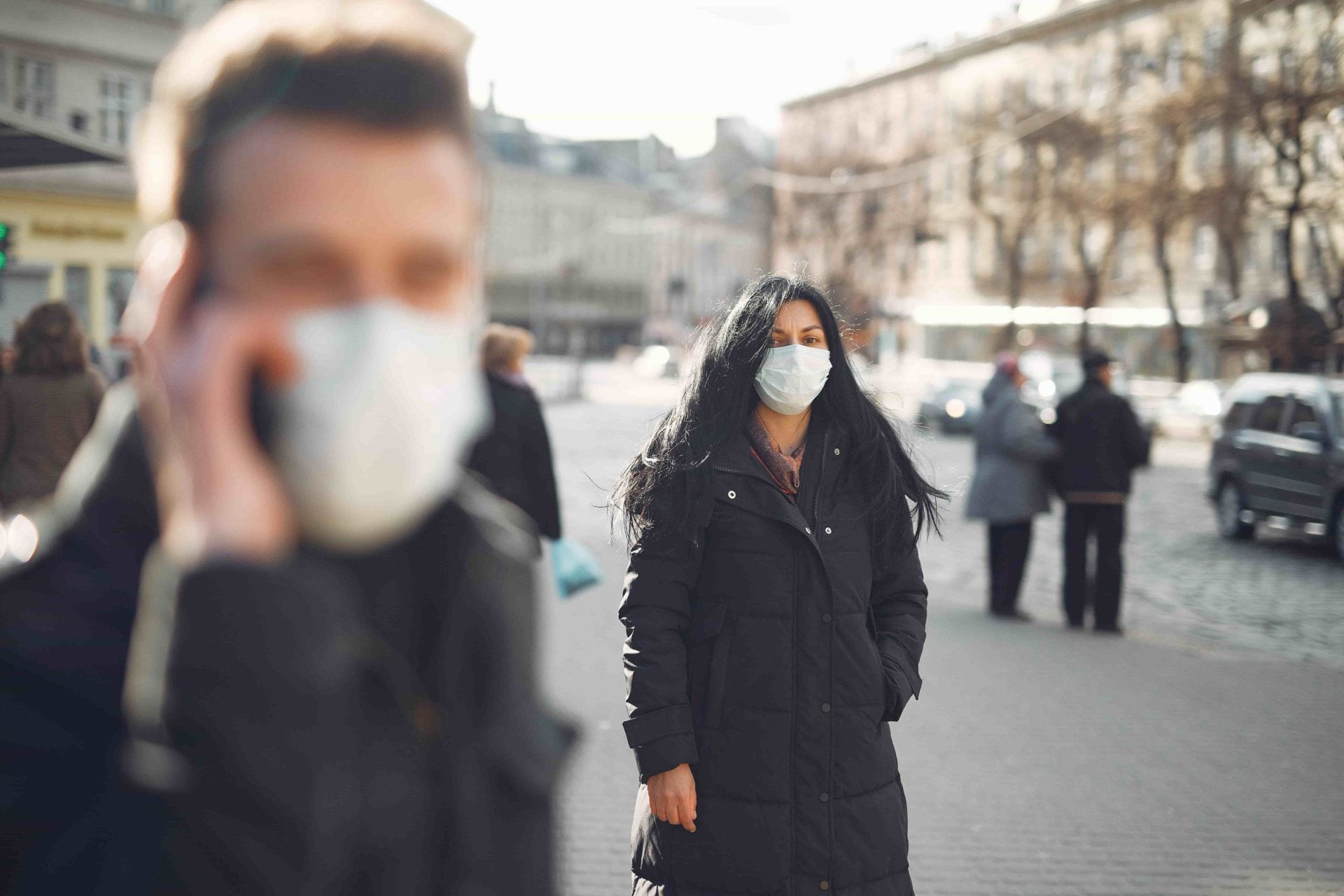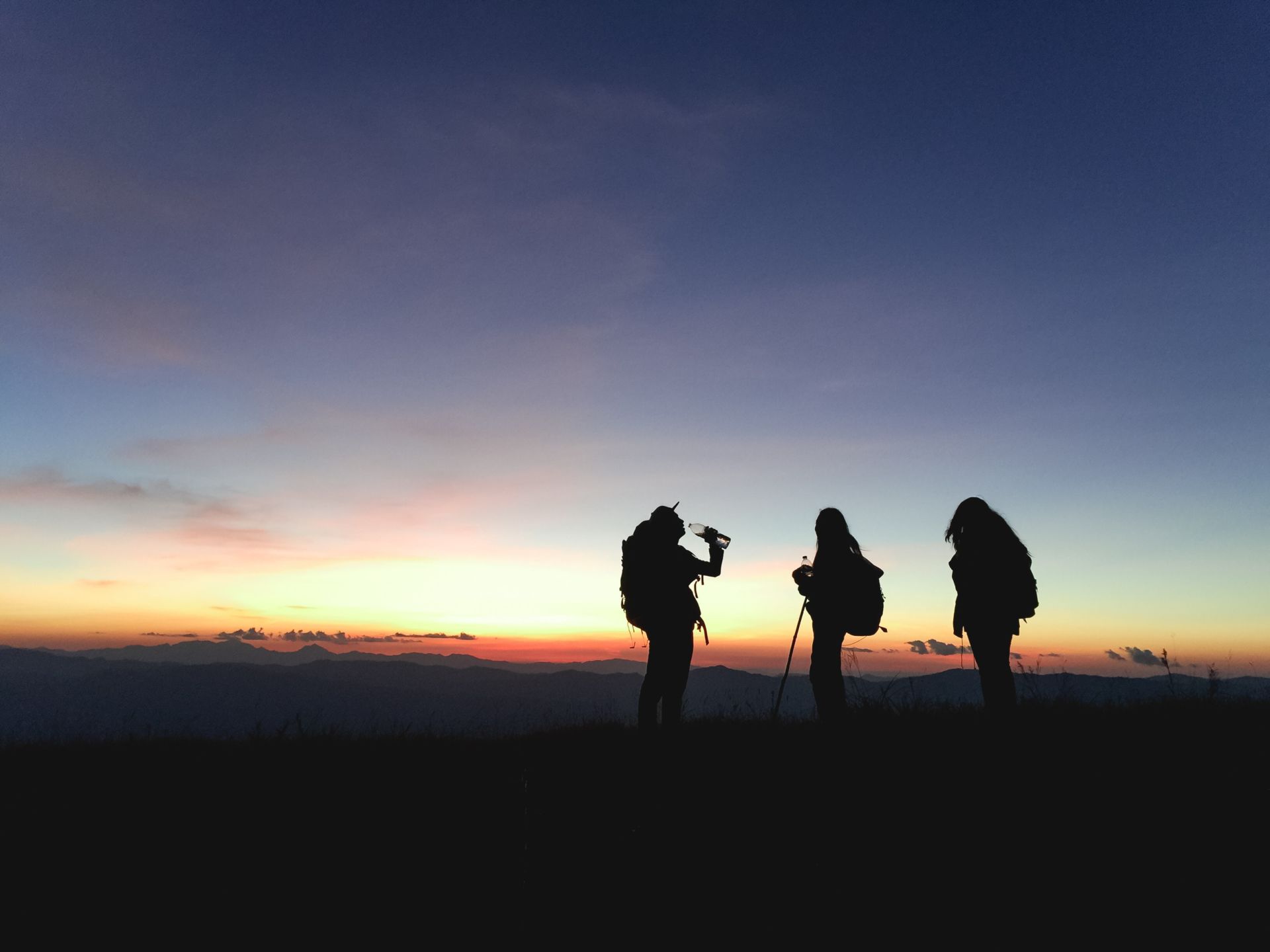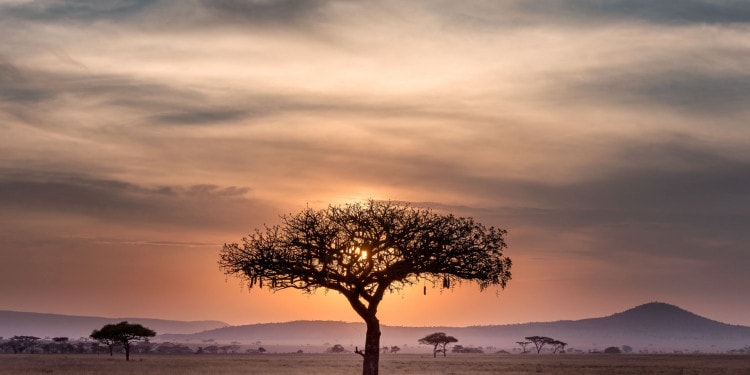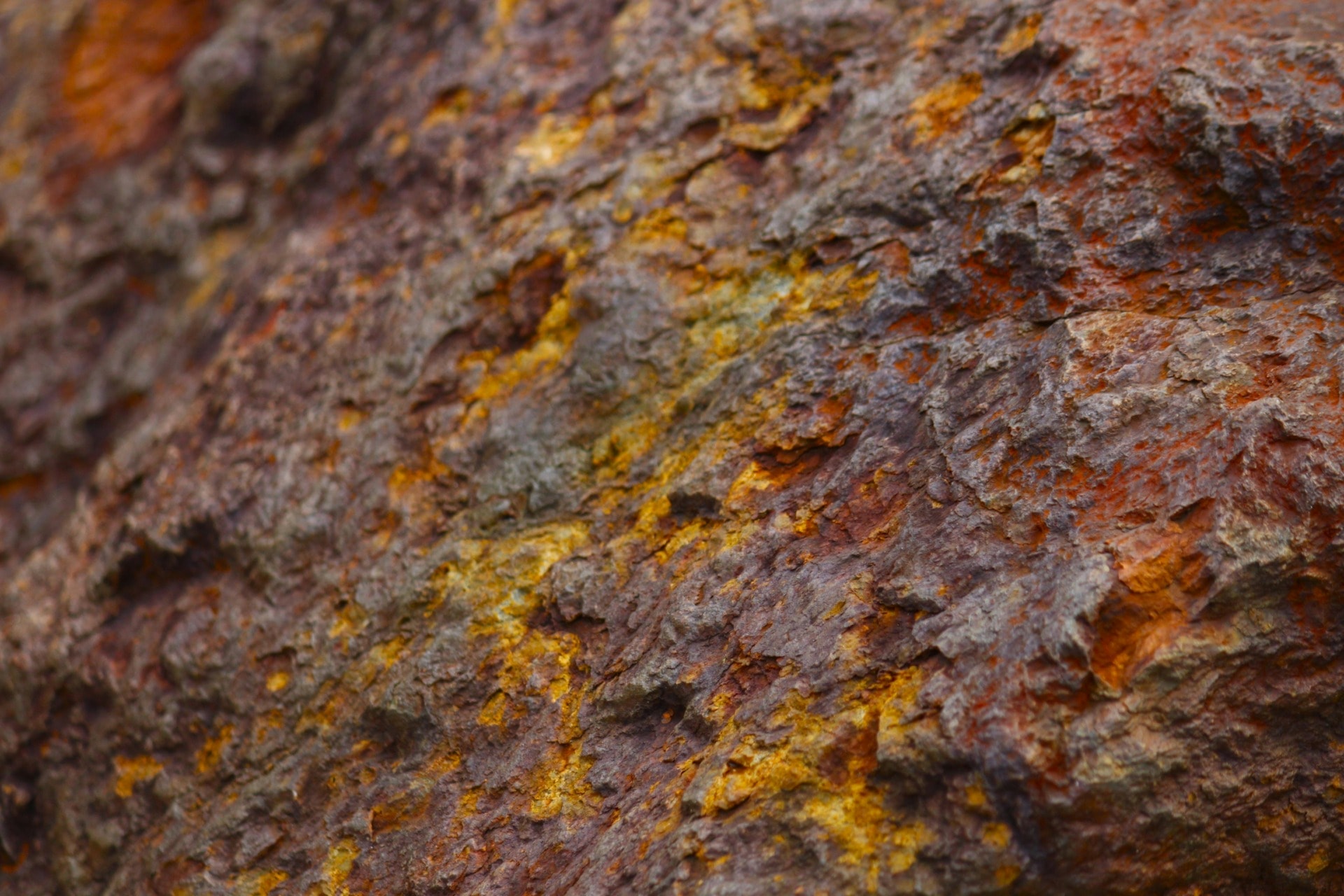About two years ago, I was privileged to meet a wise African woman, whom, some might say, has just about seen it all. In her delivery to a packed audience of keen African minds at the event where she spoke, Graça Machel encouraged us to keep forging ahead, saying that, “You can start as a drop, but you can grow into a river with others.” That for me encapsulated the root of the popular Ubuntu epitome, ‘I am, because you are.’
Professor of British and African history, Dr. Angela Thompsell describes Ubuntu as a complex word from Nguni languages that are spoken in several countries in Southern African.
“At the heart of each definition, though, is the connectedness that exists or should exist between people. Ubuntu refers to behaving well towards others or acting in ways that benefit the community.
Such acts could be as simple as helping a stranger in need, or much more complex ways of relating with others,” Dr. Thompsell states.
She goes on to explain that, “For some, Ubuntu is something akin to a soul force—an actual metaphysical connection shared between people and which helps us connect to each other. Ubuntu will push one toward selfless acts.”
One of the definitions of Ubuntu on Wikipedia is that it is “the belief in a universal bond of sharing that connects all humanity.”
Within the confines of lockdown that has since seen me stay at home for more than 65 days (at the time of writing this article), never has the philosophy, the ideology, the way of life called Ubuntu come alive more vividly than in the time of COVID-19.
For once, watching the news on television has not been all that depressing, as often a report on acts of kindness, of reaching out to others through that which defines us as being ‘human’ are movingly observed through the lens of Ubuntu.

Regulations on social distancing because of the COVID-19 pandemic have pretty much been redefined not to mean social isolation, but rather physical distancing only. From the time countries on the continent started implementing lockdown, political, religious and community leaders alike have been exhorting ordinary citizens not to forgot those in need.
COVID-19 funds have been set up and both government and non-governmental initiatives have seen tireless activity by essential workers collecting and distributing food aid, medical supplies and other essentials.
In my circle of friends, neighbors, and acquaintances, I have come across reports of how ordinary citizens are also playing their part. It is not uncommon to hear of a person that has lost a job or income and is need of assistance, with family, friends, and even strangers at times, swiftly taking action to help the person in need. While the pockets of the rescuers might not necessarily be very deep, the ethos of ‘I am because you are,’ obliges people to share with those in need.
In Johannesburg, South Africa, COVID-19 has found Yvonne Chaka Chaka, singer, humanitarian, and goodwill ambassador for global organizations, also a firm believer of action through Ubuntu, busy at work in the Princess of Africa Foundation.
Yvonne created the Princess of Africa Foundation in 2006 for carrying out community and charity works, which include helping children realize their potential.
During the month of May, Yvonne Chaka Chaka set about mobilizing resources to purchase and distribute sanitary pads to underprivileged girls. “In Africa and other developing countries across the globe, some girls cannot bear to attend school while menstruating and therefore abscond.
For many, that is the end of their formal schooling altogether. As Africans, we can do something about it, even under COVID-19 lockdown,” Yvonne maintains.
Through her campaign, Yvonne Chaka Chaka was able to distribute sanitary pads to 300 girls. In urging others to reach out to those in need, Yvonne says, “Let’s hold hands together as Africans and reinvigorate the Ubuntu spirit within us.”

On a continent with already high unemployment rates, those working in the tourism industry are among the hardest hit by the pandemic. The World Travel and Tourism Council (WTTC) reports that tourism and its associated activities generate close to 9% of the African continent’s income.WTTC further reports that the sector employs 10 million Africans directly and that there are about 14,000,000 more jobs that are indirectly linked to tourism activities. According to the WTTC, travel, and tourism was, in 2018, the fastest-growing national economic sector, contributing US$1,8 billion (ZMK19.4 billion) to the national economy and creating 300 thousand jobs to the country’s economy. The tourist town of Livingstone in Zambia has not been spared the brunt of COVID-19.
Priscilla Nampungwe, a tourism operator from Vanaway Travel and Tours informed me already in mid-April of the high number of hotels and guesthouses that have since closed their doors due to lack of occupancy. “Business has almost completely dried up with long-haul tourists’ cancellations,” the tourism operator lamented.
“With many tourist attraction sites closed, a lot of people have also lost their jobs and times are hard. The only way to survive is to look for creative ways of generating income and help one another out. When a friend is in trouble, you cannot ignore them.
You share with them whatever it is that you can, be it food or money,” Priscilla added. “We have also now revived the old tradition of keeping kitchen gardens. Amongst friends, relatives, and neighbors, we also share what we grow amongst ourselves.”
While the spirit of giving in Africa is not immune to manipulation and exploitation in certain instances, with some even arguing that black tax and Ubuntu perpetuate the dependency syndrome, COVID-19 will put to the test the crux of Ubuntu even more.
This is true on the continent itself, as well as worldwide where the goodwill of humanity has a big part to play in weathering the storm of the pandemic.







